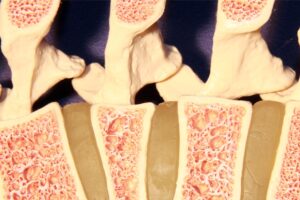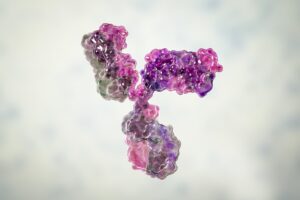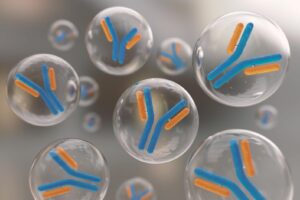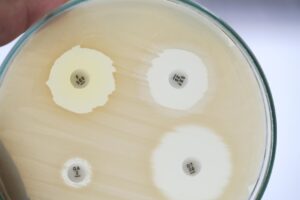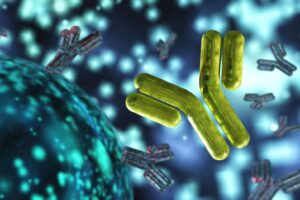Immunology
Immunology
Changes in the proportion of some gut bacteria could promote graft-versus-host disease. That’s according to a new study done in mice, published in Science.
Immunology, Pediatrics
Early-life exposure to defined microbial communities triggers the development of specific immune cells and influences the abundance of these cells in the skin.
Immunology
Disrupting the gut microbiota with antibiotics could affect the immune response to flu vaccination, according to a new study published in Cell.
Immunology
The gut microbiota could boost the activity of immune cells. That's according to a new study published in the journal Immunity.
Immunology, Pneumology
The gut microbiota help to maintain a first line of defense against influenza, while antibiotics can leave the lungs vulnerable, a new study claims.
Immunology
At weaning, changes in the gut microbiota trigger an immune reaction that is important for preventing allergies and other inflammatory diseases later in life.
Immunology, Infectiology
In order to manage antimicrobial resistance and enhance immune responses against pathogens, a duo of scientists proposes to turn to the gut microbiota.
Immunology
A commensal Lactobacillus strain worsens the symptoms of systemic lupus erythematosus and triggers the host's immune system.
Immunology
Antibiotics can alter the development of the skeleton by disrupting the gut microbiota and, consequently, affecting the immune system.
Immunology
The gut microbiota reduces the production of retinoic acid, a metabolite of vitamin A, to regulate immune activity and prevent pathogens.
